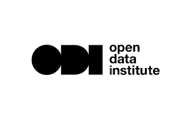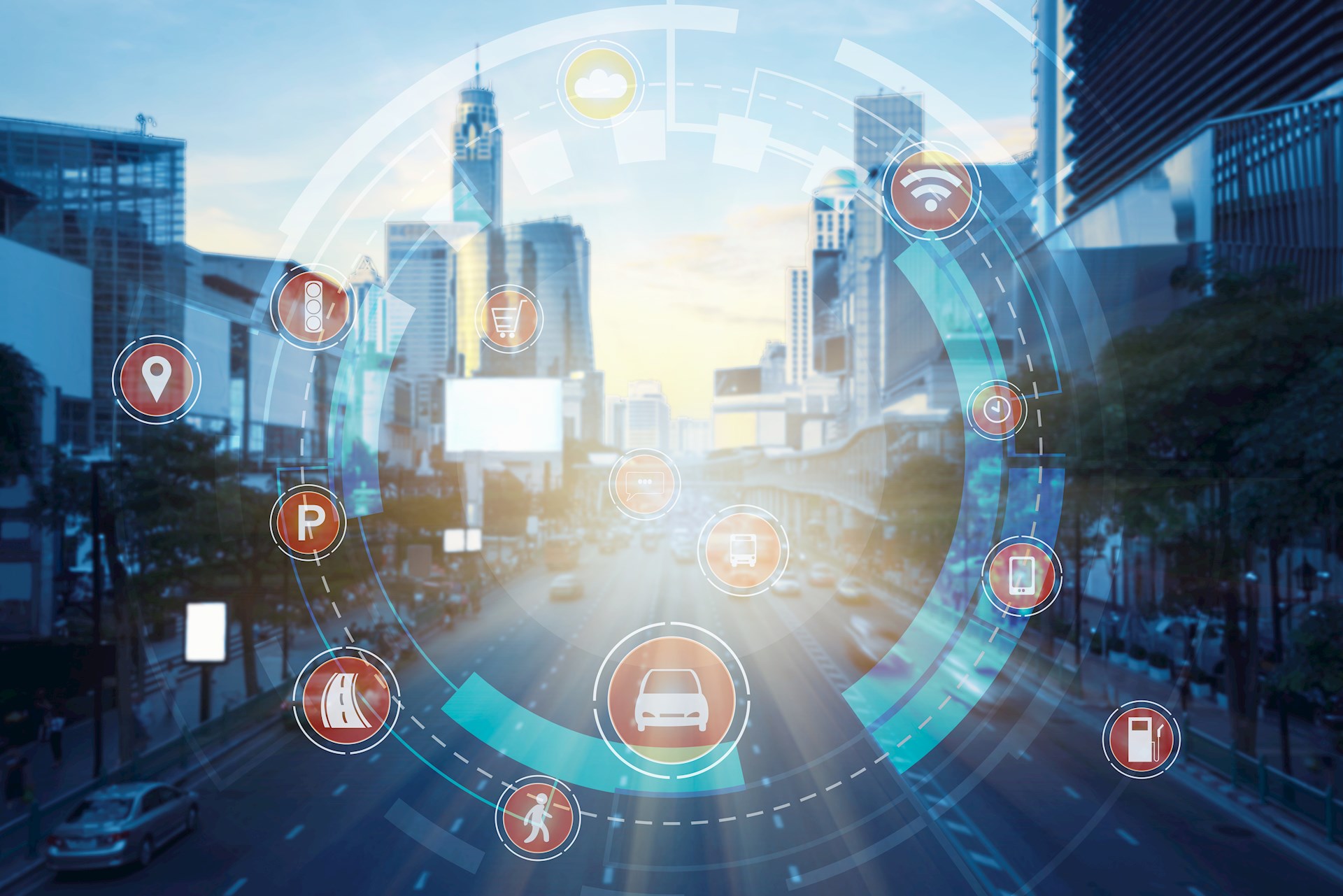The smart meter network will reach a tipping point in 2022, with billions of messages being carried securely along it. By providing safe access to the energy data, DCC could help Britain reach its 2050 net zero target.
Adapting to the challenge of climate change
The energy sector is undergoing unprecedented change. As the UK hosted COP26 in Glasgow, the pressures of decarbonisation were brought to the forefront. The UK and other wealthy nations needing to reduce CO2 emissions dramatically for the world to meet the Intergovernmental Panel On Climate Change (IPCC) goals by 2050. This would mean switching from fossil fuels to renewable energies like solar and wind, and replacing petrol and diesel cars with electric vehicles – which the UK has pledged to do for all new vehicles by 2030.
All of these changes require the energy industry to adapt – and data collection has a huge role to play.
Through data, we can better predict both the energy demand of the UK, and the supply of renewables across the country. We can improve planning – at the household level, improving efficiency and sustainability of building design and appliance use, all the way to the city level with electric vehicle charge points and better public infrastructure.
The smart meter rollout is beginning to show us that access to and usage of data can provide the foundations for the sector to shift. 2022 will see a tipping point with more than 26.5 million meters forecast to be connected to the DCC network, more than half the target. These meters will be generating huge volumes of data, but collaboration and cooperation will ultimately be needed from across the industry to unlock the potential the data offers.
With vast amounts of energy data travelling along the network, DCC could become a data institution.
It’s vital that researchers, policymakers and communities have access to data to make effective decisions in pursuit of decarbonisation, and that organisations are able to use it to develop innovative new insights, products and services that support the transition to net zero.
What are data institutions?
At the Open Data Institute (ODI), we want a world where data works for everyone. We work with companies and governments to build an open, trustworthy data ecosystem, where data flows to those who need it. Data institutions are an important part of our work to make this happen.
Data institutions are organisations that steward data on behalf of others, often towards public, educational or charitable aims. They exist in different sectors, regions and contexts, and play a variety of different roles. They can publish open data (data that anyone can access, use or share) – for example, the Open Apparel Registry collates data about the location and conditions of factories around the world, and publishes it openly to make supply chains more transparent.
They can be designed to empower people to take more control over data about them – Open Humans enables people to explore, analyse and share data about their health, such as medical records and from devices, and make it available for health research. They can also maintain vital infrastructure – Open Banking Ltd stewards the data standards that enable consumers to share banking data with trusted third parties.
Data institutions for energy data
We’re beginning to see new data institutions emerge to collect, maintain and share energy data more effectively. The Carbon Data Coop and Open Data Manchester have been working to develop an energy data cooperative where people can pool and share data to improve the efficiency of their homes by changing how we use energy.
Icebreaker One is working to make data easier to find, access and share, through the development of the Open Energy standards. And Open Climate Fix is collecting and analysing a variety of data sources to generate insights focused on reducing greenhouse gas emissions as rapidly as possible, for example by using open data to make the grid more efficient.
Through our work with DCC on the Data for Good initiative, we are committed to exploring how Great Britain’s smart meter data infrastructure can be used for public good. The initiative proposes that organisations work together to improve access to smart meter ‘system data’.
This can include data about the device itself, data such as the time and date of messages, and data about the registration of the device (like whether it’s installed in a domestic or non-domestic location).
The initiative aims to increase the ability to analyse and use this data to address some of the big challenges we face, such as reaching net zero, transitioning to a flexible energy system and reducing fuel poverty.
With billions of messages due to be carried on the smart meter network in 2022, embarking on this initiative – and recognising its role as a data institution – would mean DCC has a vital role to play in providing safe access to this data.
In 2022 we hope that the potential of energy data for positive impact will be recognised whilst the rights of individuals and households remain protected.

Jack Hardinges, Josh D’Addario and Joe Massey
Open Data Institute (ODI)
Further reading







